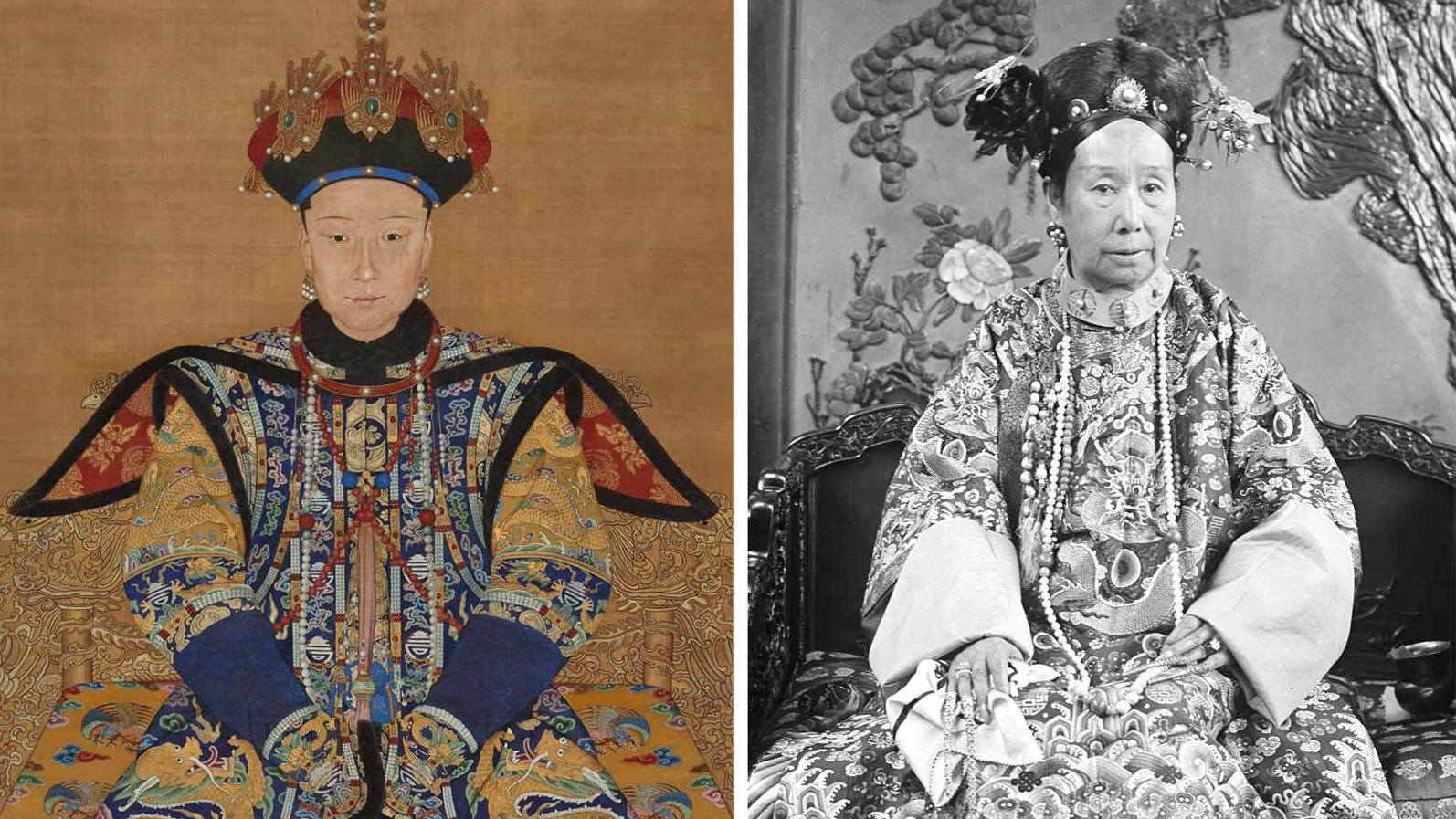
The Qin also gave peasant farmers the land they lived on. Qin rulers standardized weights and measures and carried out irrigation projects. The Qin rulers clearly explained their laws to the people - and then strictly enforced them. Rulers of the Qin (chin*) dynasty managed to unify China and end the Age of Warring States by 221BCE. It was during this period of instability that a great teacher named Confucius tried to develop good government. Nobles gradually gained more power than the Zhou rulers in a period of history historians call the Age of Warring States. It does not store any personal data.The Zhou rulers taxed their subjects, but they used the wealth they collected to build huge walls around their cities to defend the cities from nomadic warriors. The cookie is set by the GDPR Cookie Consent plugin and is used to store whether or not user has consented to the use of cookies. The cookie is used to store the user consent for the cookies in the category "Performance". This cookie is set by GDPR Cookie Consent plugin. The cookie is used to store the user consent for the cookies in the category "Other. The cookies is used to store the user consent for the cookies in the category "Necessary".

The cookie is set by GDPR cookie consent to record the user consent for the cookies in the category "Functional". The cookie is used to store the user consent for the cookies in the category "Analytics". These cookies ensure basic functionalities and security features of the website, anonymously. Necessary cookies are absolutely essential for the website to function properly. Jin Yuzhang asserts that he doesn’t envy his ancestors and is grateful for his simple life, as he understands that his ancestors remained constantly afraid of the uncertainty presented by China’s ever-evolving politics.įollow us on Twitter, Facebook, or Pinterest He continues to consider himself a civil servant and aims to work for the people. Jin Yuzhang has served as the Deputy Director of the Beijing Ethnic Affairs Committee and is also the Deputy Director of the Chongwen District in South Beijing. However, he also wishes to maintain his distance from ancient history and all the royal “baggage.” The present-day descendant of the last Chinese DynastyĪfter Jin Youzhi, his son and the last emperor’s nephew, Jin Yuzhang, is the one who succeeds to the throne, in this case, the title. Jin Youzhi died at the age of 96 in 2015 and is survived by three sons and two daughters. He set up a primary school and continued to teach there until he retired. He also never claimed the title or his ties to the Qing Dynasty. The last emperor’s last brother, Jin Youzhi, was far removed from the royal life and, in fact, reveled in the common life. As a result, the title was then transferred to Puyi’s youngest brother, Jin Youzhi. Pujie’s daughters couldn’t assert their right to the “throne” because the succession practice did not account for the transfer of the title to daughters. He died in 1994 at the age of 87 after leading the life of a “common citizen.” However, he was captured and jailed as a war criminal and spent about 15 years in prison. Consequently, and according to the succession rules, Pujie, Puyi’s younger brother, was declared Puyi’s successor.Īs a result, Pujie joined hands with the Japanese army to try and reinstall the Qing Dynasty. As Puyi was the one who abdicated, he was technically the last emperor of the Qing Dynasty.

The uncertainty of it all led to many difficult successions during the Qing Dynasty. The Qing Dynasty followed the father-to-son succession practice however, it wasn’t mandatory that only the eldest son would become the successor.įurthermore, the identity of the successor was only revealed when the emperor himself was on his death bed. The abdication was a result of the Republican Revolution, which also ended 267 years of the Qing Dynasty, as well as 2,000 years of the traditional and ancient imperial system in China. He became the emperor when he was only 3 years old and was later forced to abdicate the throne on February 12, 1912. Puyi was the last Chinese dynasty emperor of the Qing Dynasty. He became emperor when he was only 3 years old and was later forced to abdicate the throne on February 12, 1912. Puyi was the last emperor of the Qing Dynasty. The last emperor of the last Chinese dynasty This eventually led to the fall of the Qing Dynasty. As a result, they sought greater involvement in the politics of the nation compared to what was previously granted to them, and even decided to refrain from attending the Qing court.


 0 kommentar(er)
0 kommentar(er)
